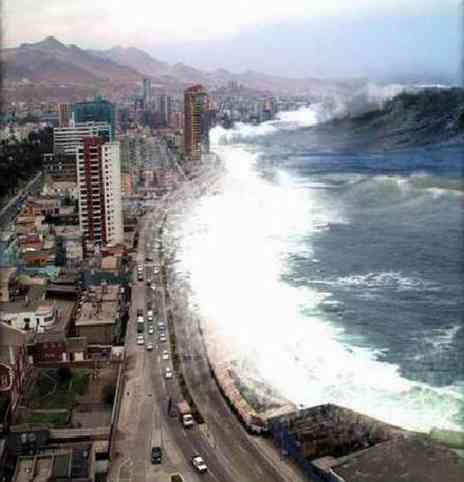
http://news.independent.co.uk/environment/article2081668.ece
10 years to live: Orang-utan faces extinction in the wild
The great ape's habitat is rapidly being destroyed - by the rush to produce an environmentally friendly fuel
By Geoffrey Lean, Environment Editor
Published: 17 December 2006
At least 1,000 orang-utans have been killed in fierce forest fires in
The fires, the worst in a decade and which reached their peak last month, sent a thick pall of smoke across the region, closing airports and forcing drivers to use headlights at noon. Conservationists believe that many were deliberately lit to make room for plantations to grow palm oil - much of it, ironically, to meet the world's growing demand for environmentally friendly fuel.
Their greatest victim is the orang-utan -
Originally some 300,000 of the apes - championed by Sadie Frost in the ITV series Extinct, which ended last night - lived throughout
"Orang-utans are in catastrophic decline and everything that is being done to protect them is not up to the challenge," said Ian Redmond, chairman of the Ape Alliance, an international coalition of conservation bodies and an adviser to the United Nations Environment Programme. "It is all looking pretty bleak."
The International Fund for Animal Welfare predicts that they will be extinct within 10 years. Other estimates vary either side of that figure. WWF (formerly the World Wildlife Fund) puts it at 20 years, Friends of the Earth at 12, and the
The apes - whose name means "man of the forest" - are one of our closest relatives, sharing about 97 per cent of our DNA. Spending most of their time in the treetops, they mainly live on their own. Mothers keep their babies with them for up to six years, and have a single baby every eight years or so. This leisurely rate of reproduction - the slowest of all the great apes - makes the species particularly vulnerable.
They have long been threatened by the pet trade: the number of the apes per square kilometre in
But it is the destruction of the rainforest - which used to cover the whole of
The Indonesian government is trying to persuade companies to put their plantations on already deforested and degraded land, but with little success as they can get a double dividend from virgin forests, first by selling the timber, and then from harvesting palm oil cultivated on the cleared ground.

No comments:
Post a Comment